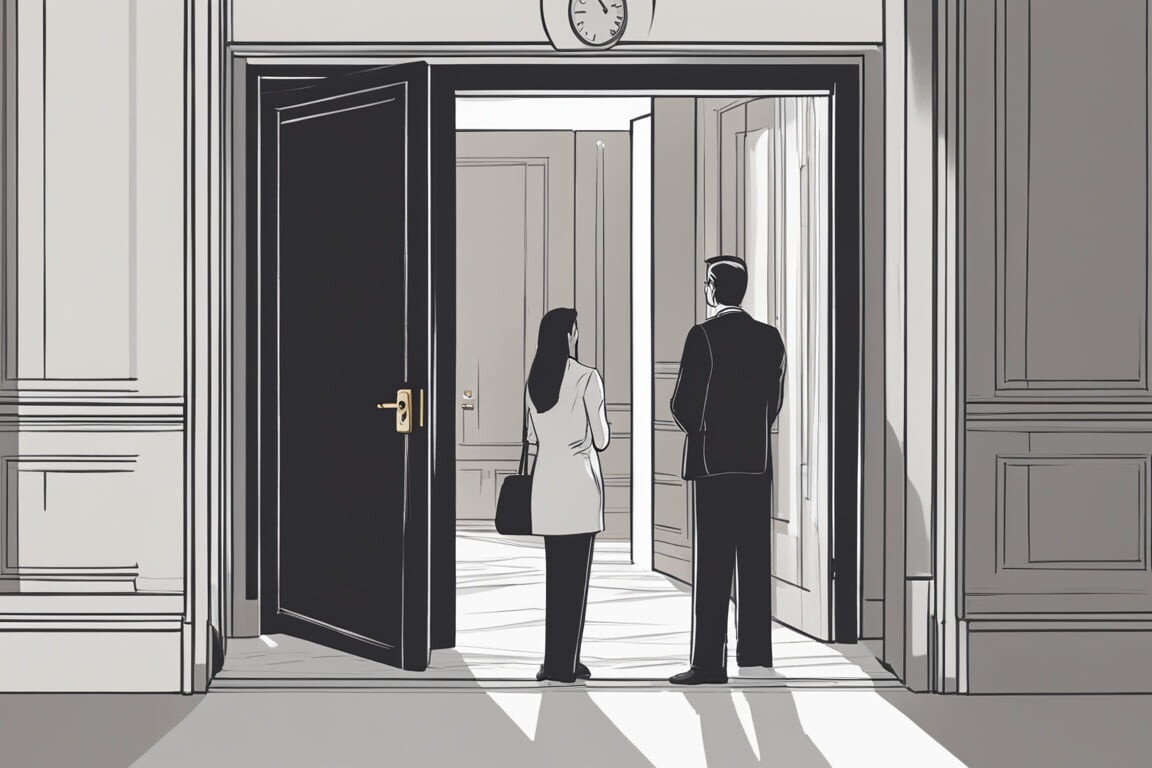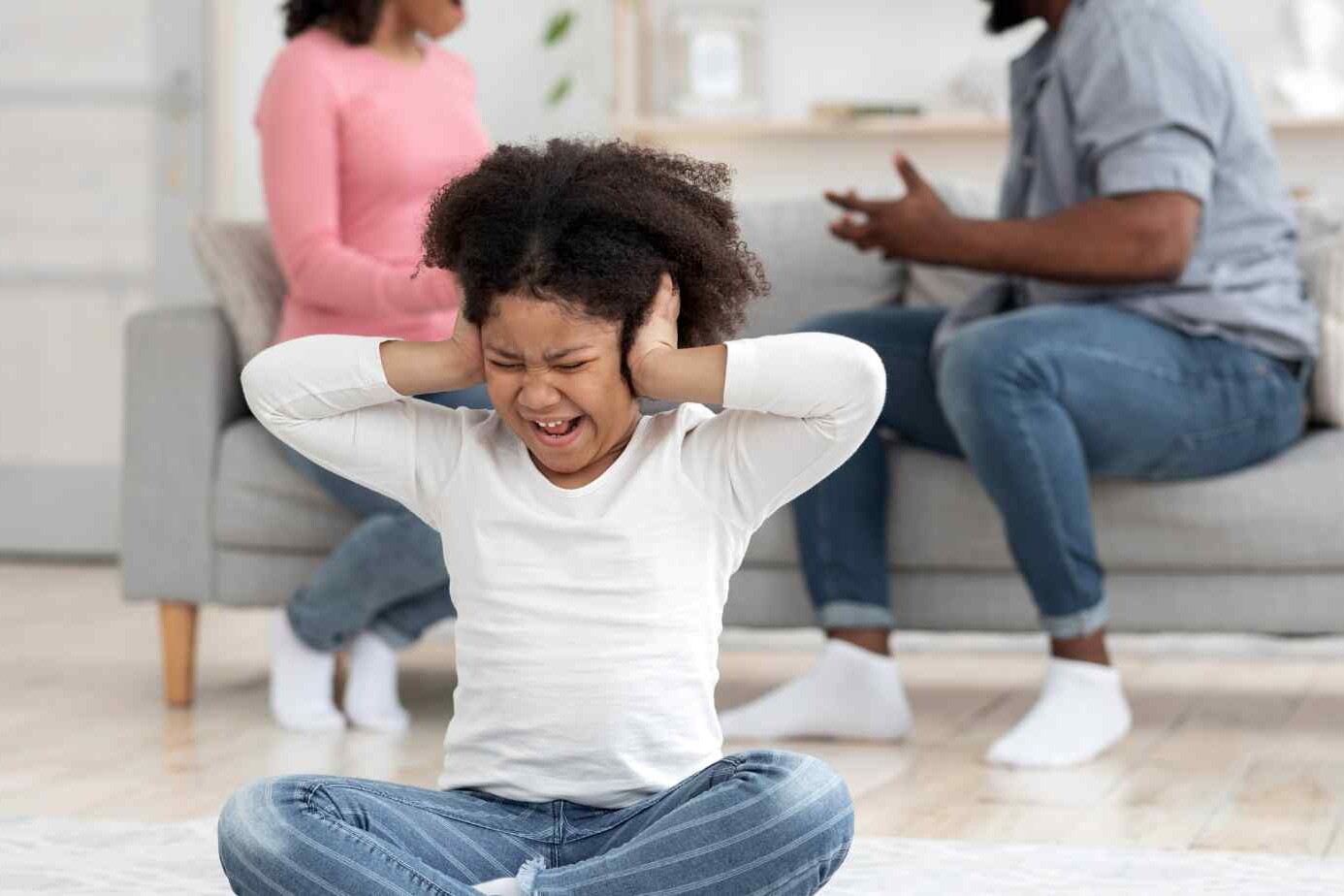Going through a divorce is tough and can make everyday tasks hard. It changes your life in big ways, making it hard to stay productive. You’ll feel many strong emotions like sadness, anger, and confusion.
It’s important to accept these feelings as part of healing. This article will give you tips to help you deal with divorce and start healing emotionally.
Getting through a divorce can feel overwhelming, but you can get stronger on the other side. By understanding how you might feel and using helpful strategies, you can move forward. You’ll start to take back your life and find new purpose.
Table of Contents
ToggleRecognize and Accept Your Emotions
Divorce can make you feel like you’re on an emotional rollercoaster. You might feel sad, angry, tired, frustrated, and confused. It’s key to know that these feelings are normal during the healing process after a divorce. Accepting your emotions is a big step in moving forward.
Going through the emotional changes of divorce is tough. But, it’s vital for your well-being. Letting yourself feel and express your emotions in a healthy way is important. This could mean talking to a close friend or writing in a journal. It helps you deal with the grief and start healing.
Navigating the Emotional Landscape of Divorce
Divorce can feel overwhelming. But, remember, the emotions you’re feeling are valid and normal. By understanding and accepting your feelings, you start to heal. This healing process might not be straight forward, but with time and taking care of yourself, you’ll come out stronger and more resilient.
- Acknowledge the range of emotions you’re experiencing, from sadness to anger to confusion.
- Allow yourself to feel and express these emotions in healthy ways, such as talking to a therapist or writing in a journal.
- Avoid trying to suppress or ignore your feelings, as this can prolong the healing process and make it more difficult to move forward.
- Be patient and compassionate with yourself as you navigate the emotional divorce recovery.
Don’t Isolate Yourself
Coping with divorce is tough, but don’t cut yourself off from others. It’s key to connect with your social support network and find people who understand what you’re going through. This can offer great emotional support and prevent loneliness.
Talking to friends, family, or support groups can really help you deal with divorce’s emotional ups and downs. By staying connected, you keep your focus sharp, stay productive, and look after your well-being.
If you’re finding it hard to cope alone, don’t hesitate to get professional help. Therapists and counselors offer specific advice and support to ease the divorce recovery process.
You don’t have to face this alone. Reaching out and building a strong support network is a key part of healing and growing personally.
Practice Self-Care
Going through a tough divorce means taking care of your emotional and physical health. Doing self-care helps you handle stress, get stronger, and find happiness during hard times. Make sure to look after your mind, body, and soul.
Nurture Your Body and Mind
First, think about your physical health. Add regular exercise to your day, like walking, yoga, or a sport you love. Eat foods that are good for you, full of nutrients. Use relaxation methods like meditation, deep breathing, or mindfulness to calm your mind and ease your feelings.
Do things that make you happy and feel good. Revisit hobbies you used to love or try new ones that catch your interest. Enjoy nature, read books that inspire you, or hang out with friends and family who support you.
Avoid Unhealthy Coping Mechanisms
It might seem easy to turn to alcohol, drugs, or too much of something else to cope. But these habits can cause more harm and slow down your healing. Focus on finding healthy ways to deal with your feelings that are good for you.
Self-care is essential, not just a luxury, when you’re going through a divorce. Taking care of yourself helps you get through this change and come out stronger.

Maintain Stability and Routines
Divorce can shake up almost every part of your life, making you feel stressed and unsure. Keeping things as normal as possible can bring comfort. Try to stick to your usual daily and weekly plans, like when you go to bed, eat, and work. Waiting to make big changes after separating or divorcing can also make the transition easier.
Having a steady daily routine is key to feeling stable during divorce recovery. This means:
- Waking up and going to bed at the same time every day
- Having regular meals and snacks
- Setting time for exercise, relaxation, and taking care of yourself
- Having specific hours for work or other duties
Keeping your daily routines helps you feel in control and predictable during divorce. This is important for getting through the tough times of divorce.
Even though your life has changed a lot, sticking to daily routines gives you structure and control. This helps you deal with divorce and keep your emotional health strong.
Seek Professional Help
If you’re finding it hard to deal with the emotional effects of your divorce, getting professional help is key. A counselor or therapist can offer you the tools and support to work through your feelings. They can help you develop coping strategies and guide you through the next phase of your life.
Don’t be shy to ask for professional counseling and mental health support when you need it. A skilled mental health expert can tackle any deep-seated issues, like depression or anxiety, that the divorce has made worse. They’ll help you with the divorce recovery process and give you coping strategies tailored to your needs.
Remember, asking for help is a sign of strength, not weakness. It takes bravery to seek support, but it can greatly improve your emotional healing and personal growth.
When looking for a therapist, counselor, or other mental health professional, aim to find someone you feel at ease with. They should offer the specific care and advice you need during this challenging time. Don’t hesitate to look around until you find the right match.
Coping with Divorce
Divorce is a tough experience that can make you feel overwhelmed. It means losing a relationship and the dreams you shared. This can lead to feelings of grief, anger, confusion, and uncertainty about the future.
It’s key to let yourself feel these emotions during this hard time. Ignoring them can make healing take longer. But, it’s also vital to find healthy ways to cope. Your well-being is most important.
Strategies for Coping with Divorce
- Seek social support: Be around family and friends who can offer emotional and practical help. Talking to those you trust can make you feel comforted and understood.
- Practice self-care: Take care of your body and mind by doing things that make you happy and relaxed. This could be exercise, mindfulness, or hobbies you love.
- Maintain stability and routines: Try to keep your daily life as normal as possible. Stick to your usual routines and schedules. This can help you feel grounded during big changes.
- Seek professional help: Think about seeing a therapist or counselor who knows about divorce recovery. They can offer valuable advice and support as you deal with the emotional effects of divorce.
Coping with divorce takes time, strength, and a readiness to heal. By facing your feelings and using healthy coping methods, you can come out of this tough time stronger and with a new purpose.
Embrace Change and New Opportunities
The end of a marriage can feel tough, but it also opens doors for personal growth and new experiences. You’re now free to try new hobbies, chase your goals, and find your independence. See this change as a way to learn more about yourself and what you like.
Looking forward to the good things ahead helps you start rebuilding your life. This time is perfect for trying new things, pushing your limits, and finding new passions. You might learn a new skill, visit a new place, or go after a dream you’ve had for a while. The end of a marriage can lead to many new chances.
Change might seem scary, but it can also change your life in great ways. Embrace the journey of finding yourself and let go of the past. You have the power to make the future yours, full of growth, new chances, and a better understanding of who you are.
Embrace the Journey of Self-Discovery
Use this time to dive into your interests, chase your dreams, and grow your independence. Do things that make you happy, push you, and help you know yourself better. This time can be a big step towards growing personally and finding yourself.
Address Feelings of Loneliness
Going through a divorce can feel very isolating. You might miss your partner and feel like you’ve lost your social circle. It’s important to deal with these feelings of loneliness. They can really affect your mental health and well-being.
One good way to fight loneliness is to talk to your friends and family. They can offer support and someone to listen. Also, joining a divorce support group can connect you with others who understand what you’re going through.
Try new hobbies and activities that you like. Doing things you enjoy can give you a sense of purpose and help you meet new people. This could be anything from joining a fitness class to volunteering in your community.
Remember, overcoming loneliness after a divorce takes time and effort. But it’s a key part of getting better emotionally. By facing these feelings and building a new social circle, you can get through this tough time with hope and strength.
Here are more ways to deal with loneliness during your divorce recovery:
- Take care of yourself by doing things that make you happy and relaxed, like meditation, journaling, or being in nature.
- See a therapist or counselor to help you work through your feelings and find better ways to cope.
- Try new things, like a new hobby, traveling, or changing your career. Doing something different can boost your confidence and give you a sense of purpose.
By facing your loneliness and building a supportive network, you can get through the tough times of divorce. You’ll come out stronger and more resilient.
Let Go of the Past
Coping with divorce is tough, and one big step is to let go of the past. It’s normal to miss what was and to think about what could have been. But, holding on too long stops you from healing and moving forward. To move on, focus on acceptance, forgiveness, and living in the now.
Stop doing things that keep you stuck in the past, like always checking your ex’s social media. Instead, focus on taking care of yourself and building a new, fulfilling life. Welcome the changes and new chances that come with this new chapter. Don’t be scared to try new hobbies, interests, or experiences you’ve always wanted to do.
- Practice acceptance and forgiveness to let go of the past
- Focus on the present moment and self-care
- Avoid behaviors that keep you stuck in the past
- Embrace change and new opportunities for personal growth
Remember, the end of a marriage can be devastating. But it’s also a chance for you to move on after divorce, recover emotionally, and heal. By letting go of the past and looking to the future, you can start a fulfilling new chapter in your life.

Conclusion
Going through the emotional ups and downs after a coping with divorce can feel tough. Yet, it’s possible to come out stronger and more hopeful. By facing your feelings, getting support, taking care of yourself, and seeing the chances for growth, you start healing and moving forward.
Don’t let the end of a marriage define you. It’s just the start of a new chapter. With the right approach and mindset, you can find happiness again. The journey to get over a divorce is hard, but seeing the growth and change as opportunities can make you stronger and more ready to live the life you want.
You’re not alone in this journey. With the help of loved ones, experts, and focusing on your well-being, you can get through this and find happiness again.
FAQ
What are the common emotions experienced during and after a divorce?
After a divorce, you might feel sad, angry, tired, frustrated, and confused. These feelings can be tough, but they’re part of healing. It’s key to accept them.
How can I avoid isolating myself during the divorce process?
Talk to friends, family, and support groups to get through tough times. Connecting with others who’ve gone through divorce can offer support and reassurance. Staying connected helps keep your mind sharp, work on track, and your health good.
What are some self-care strategies I can use to cope with the stress of divorce?
Do things that make you happy, like exercise, meditation, and hobbies. Stay away from harmful coping like drinking too much or using drugs. Keep a healthy routine, rest well, and be kind to yourself as you go through this hard time.
How can I maintain a sense of stability and routine during the divorce process?
Keep your daily and weekly routines as normal as you can. This includes things like bedtime, meal times, and work hours. Avoid big changes in the first few months after your separation or divorce. This helps you feel more stable and normal.
When should I consider seeking professional help to cope with the emotional aftermath of my divorce?
If you’re finding it hard to deal with your feelings after the divorce, getting professional help is a good idea. A counselor or therapist can give you tools and support to handle your emotions. They can help you develop healthy ways to cope and move forward.
How can I embrace the opportunities for growth and change after a divorce?
Ending a marriage is tough, but it can also be a chance to grow and find new things you like. See this change as a way to discover who you are and what makes you happy. Focus on the good things ahead to start rebuilding your life in a fulfilling way.
How can I address feelings of loneliness during and after a divorce?
Connect with friends and family, join groups, or try new hobbies to build a new circle of friends. Being active in finding ways to fight loneliness can help you heal and move forward.
How can I let go of the past and focus on the present during the divorce process?
Work on accepting, forgiving, and living in the now. Don’t get caught up in checking your ex’s social media or thinking about past fights. Instead, focus on taking care of yourself and building a new, happy life.
Source Links
About The Author

This article is medically reviewed by Dr. Chandril Chugh, Board-Certified Neurologist, providing expert insights and reliable health information.
Dr. Chandril Chugh is a U.S.-trained neurologist with over a decade of experience. Known for his compassionate care, he specializes in treating neurological conditions such as migraines, epilepsy, and Parkinson’s disease. Dr. Chugh is highly regarded for his patient-centered approach and dedication to providing personalized care.
→ Book a consultation to discover which remedies suit your needs best.




